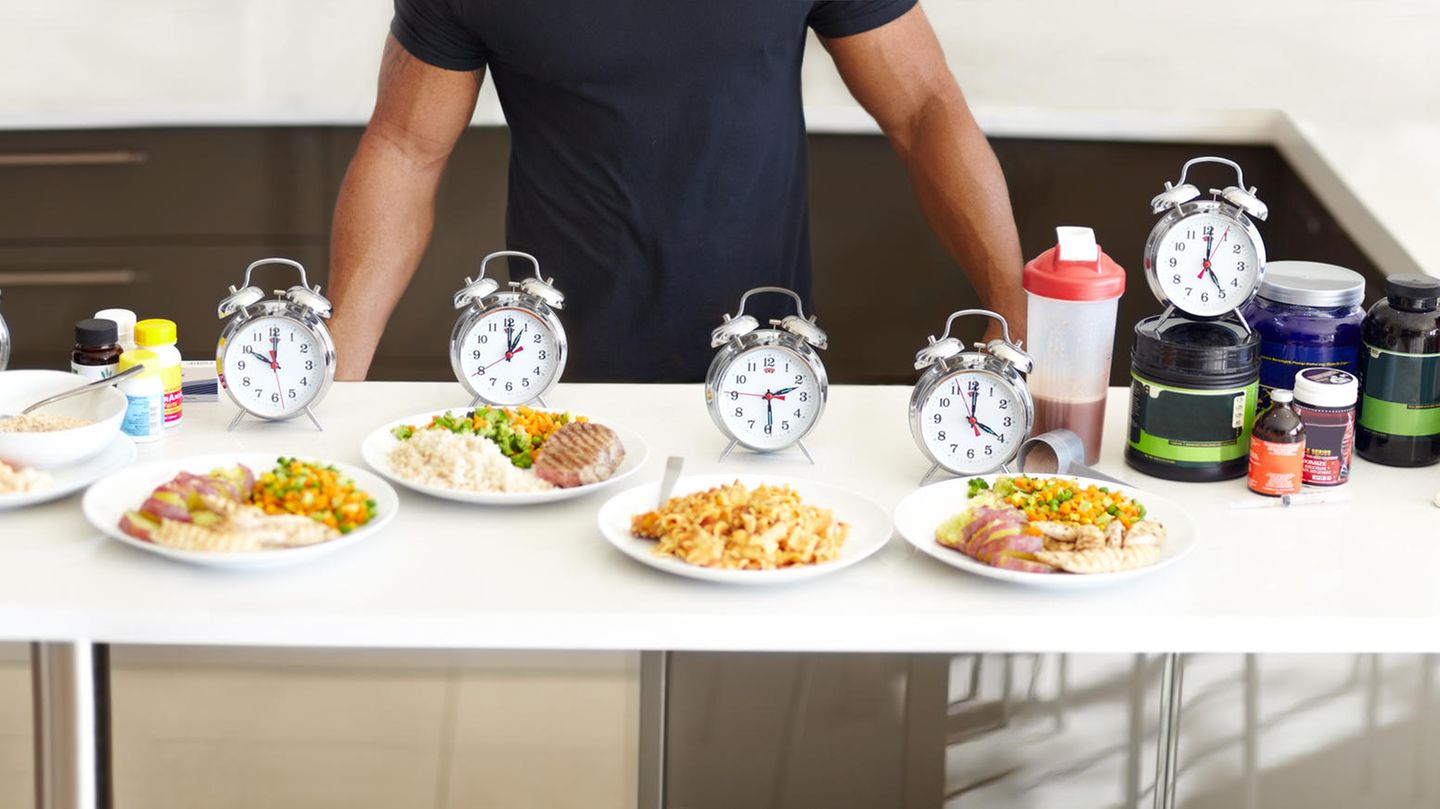Health
Nutrition before exercise: worse running without breakfast?

If you want to exercise healthy, you must pay attention not only to what you eat – but also when.
Among runners, the question of whether to train better with or without breakfast has been hotly disputed for years. A new study finally provides an answer.
I was always told as a child that breakfast was the most important meal of the day. It didn’t really make sense to me at the time. I held it loosely without end. On some days even until school closes shortly after one o’clock in the afternoon. At some point on the way to adulthood, however, this changed. I don’t know why. Suddenly there was hunger in the morning. My unconscious decision was scientifically substantiated a few years later. Because then a study appeared, which proved that people who eat breakfast are less likely to have excess weight. Juchhu!
On the other hand, the question of whether to train better with or without breakfast has been controversial among runners for years. One faction says that if you start with an empty stomach, your body accesses the fat reserves faster and you burn more. Which reduces body weight and makes you fitter overall.
The body needs fuel for sports
Total nonsense, the others say. After all, the body needs fuel for sports. That is also my opinion. But so far this is mainly based on my personal experience. Whenever I was running without breakfast, I felt much more powerless and tortured myself over the track. Usually I had calf cramps in the nights afterwards. As I said, this is my experience. So far, there has been no good scientific evidence.
A recently published study from the American journal “Proceedings of the Nutrition Society” seems to provide this. Accordingly, an exuberant breakfast before exercise works well beyond the morning. The study examined 31,000 Americans and their daily eating habits. From the data, the researchers calculated how much micronutrients were ingested.
Accordingly, about 15 percent of the participants refrained from eating breakfast. Over the course of the day, however, these people absorbed significantly more calories, carbohydrates, saturated fat, and added sugar in their meals than those who had breakfast. In addition, they found it much harder to get the daily recommended amount of important vitamins and minerals such as folic acid, calcium, iron. To absorb vitamins A and B, as well as C and D.
This part of the study is particularly important for runners. Because these substances have a great influence on physical performance and how quickly you get exhausted during sports. Especially folic acid is said to improve the blood flow to the muscles and thus their supply of oxygen.



